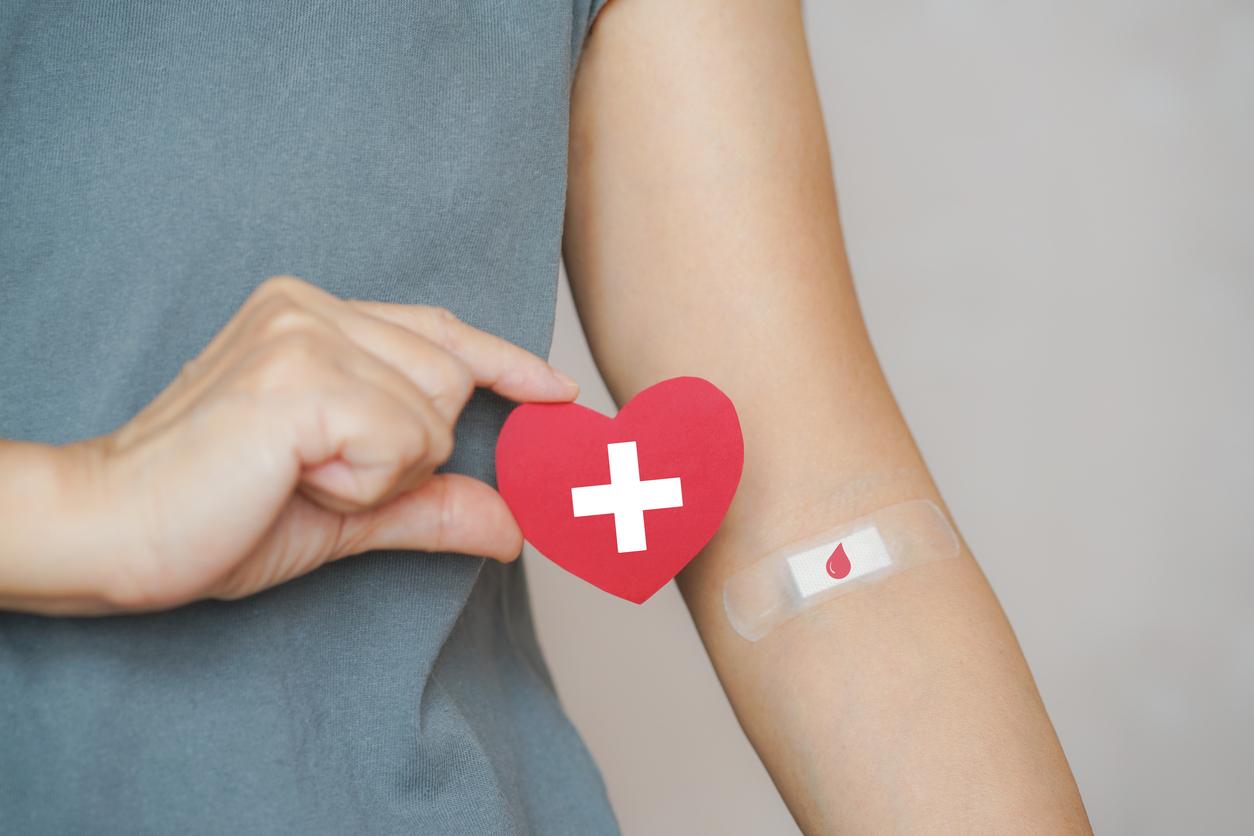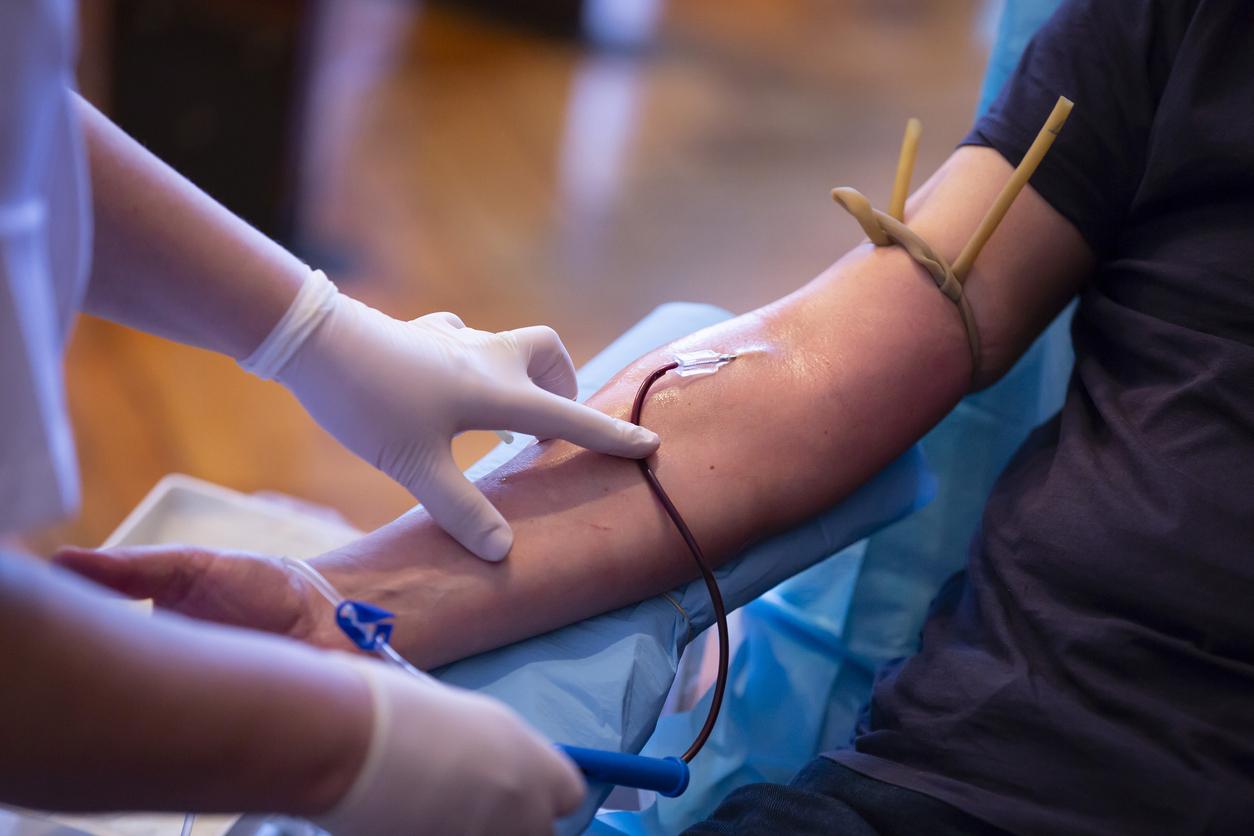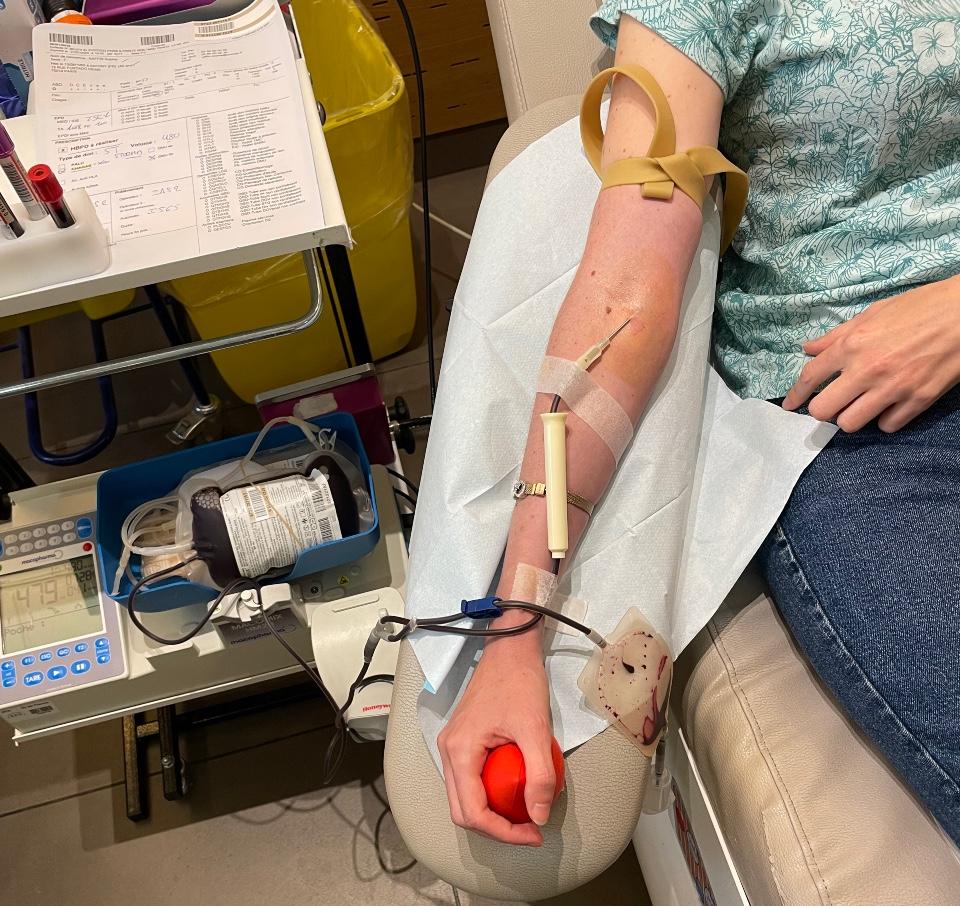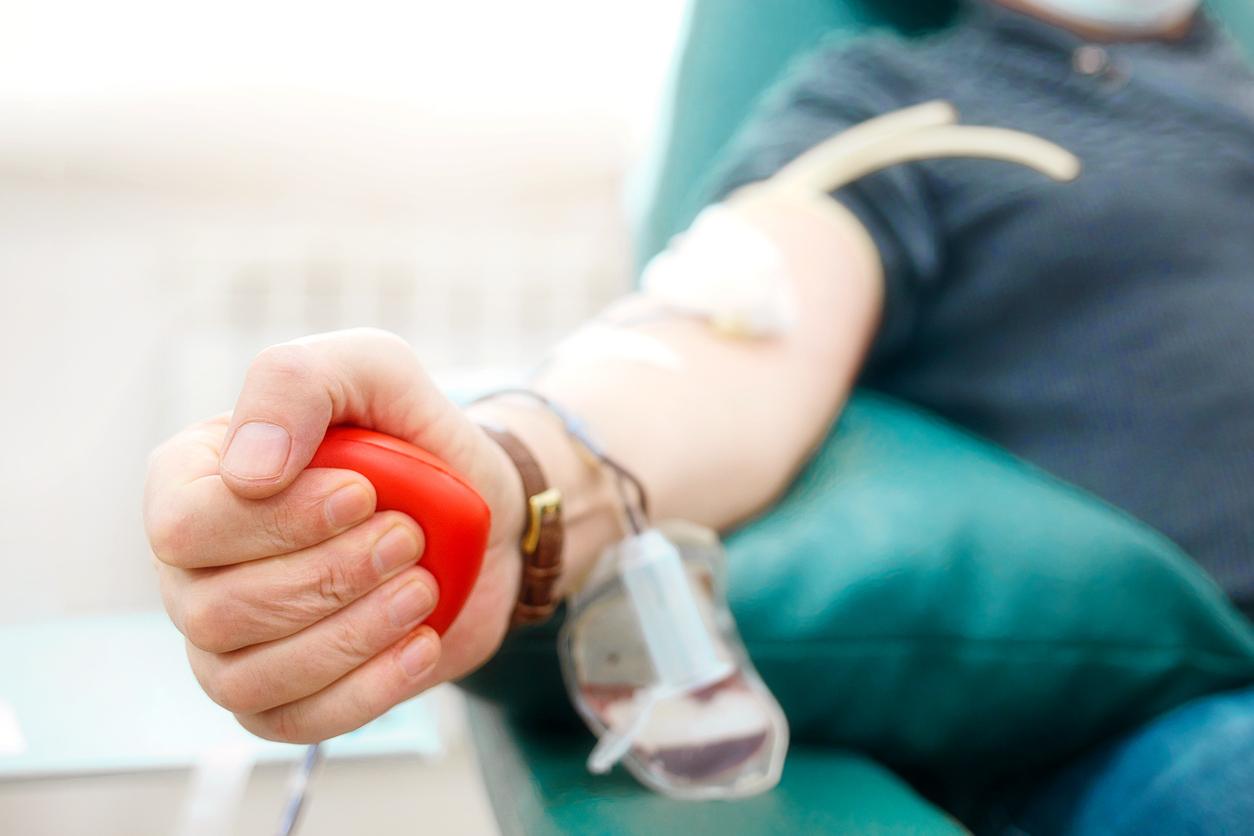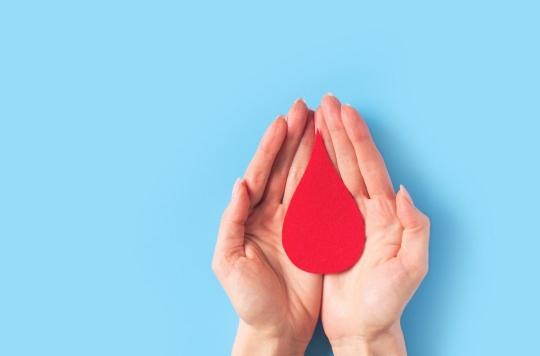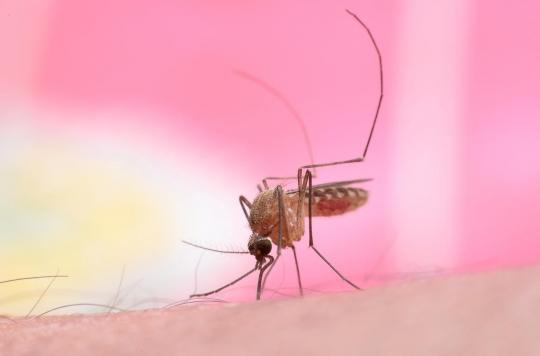The French Blood Establishment (EFS) is calling for general mobilization before the opening of the summer period.
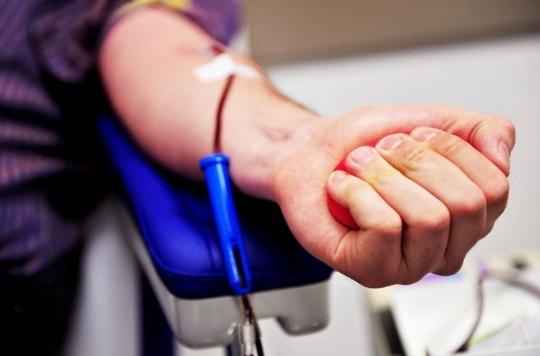
The French Blood Establishment (EFS) calls for general mobilization because “blood supplies are low and the situation is very fragile” after the many days holidays, he explains in a communicated. “At the beginning of June, the level of blood product reserves is very low. The French Blood Establishment needs the mobilization of all now to replenish the reserves as the summer period approaches.
7,000 collections will be organized throughout France between June 11 and July 13 with the #PrenezLeRelais operation, and in particular on June 14, World Blood Donor Day. But in the meantime, “everyone is invited to go to a collection site to donate blood, a gesture particularly necessary at the start of the summer period”. To find a collection point near you, Click here.
10,000 blood donations a day to save 1 million people
In France, almost a third of blood transfusions are carried out in oncology departments, in particular for people with lymphoma or leukemia, diseases that directly affect the blood. In Brittany, 50,000 of the 144,000 annual blood donations are intended for cancer patients.
Overall, “10,000 blood donations are needed every day to treat a million patients”, recalls the EFS. And no other product can replace the blood of volunteers. “It is therefore important, and particularly on this day of the fight against cancer, to raise awareness among the general public of the essential role of blood donation in the treatment of patients”.
How do you know if you can donate blood?
Unlike other countries, such as the United States, blood donation in France is based on the principle of volunteerism, like all organ donations. If blood donation is a generous act, it is nevertheless framed by rules defined by a European directive, according to donor selection criteria common to all Member States of the Union. In France, this directive is transposed in the form of a ministerial decree.
In practice, you must be between 18 and 70 years old, weigh more than 50 kg and be recognized as fit during the interview preceding the donation. After age 60, the first donation is subject to the assessment of an EFS doctor. More specifically, men can donate blood up to 6 times a year and women up to 4 times, but a minimum of 8 weeks must be respected between two donations. Contraindications linked to acts of care, a state of health, personal or sexual practices, stays abroad or the taking of certain medications and antibiotics are listed on the EFS website.
If a volunteer has a history of malaria, has undergone surgery in the last 4 months, carries a blood infection (HIV, viral hepatitis, etc.) has just had a tattoo, has traveled to an area where tropical diseases in the last 4 months, or had sex for money or drugs in the last 12 months, he will not be able to donate blood. This is to ensure the safety of donors and recipients.

.









